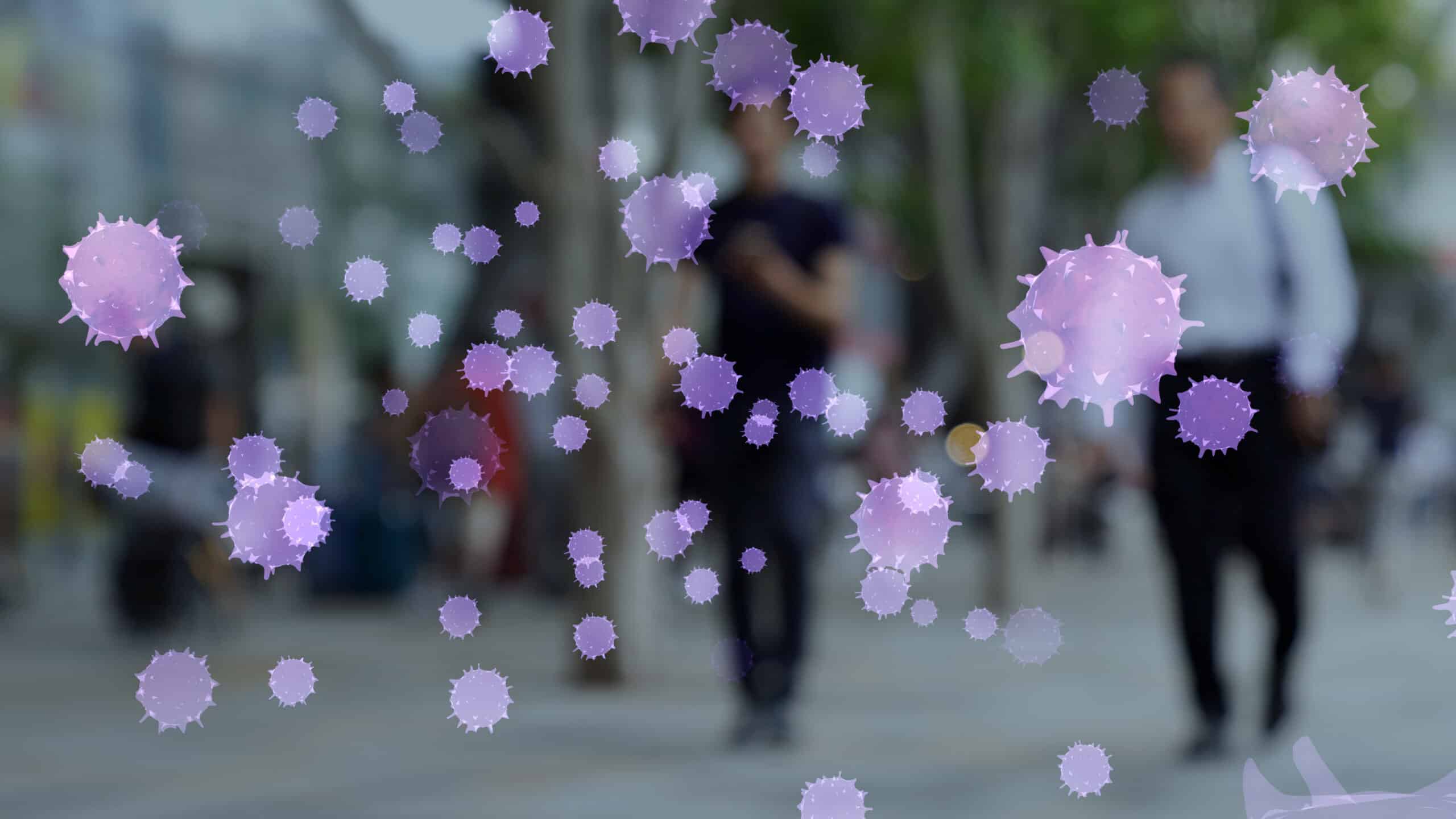Serological testing is suggested to be needed to conduct surveillance, and to gain better understanding of the infection rates, particularly in those with mild or no symptoms who may still be carriers to contain the spread of this disease.
UNC School of Medicine scientists claim to have developed an antibody test that includes a simplified experimental assay that could be used to test thousands of blood samples at labs that do not have the resources that commercial labs and large academic medical centers possess.
The scientists have published their report in Science Immunology, and it describes the antibody test as being based on the receptor binding domain of the spike protein that measures the levels of that domain which the authors found to correlate to the levels of neutralizing antibodies.
According to the scientists the RBD of the spike protein in SARS-CoV-2 is unique, not being shared among other known human or animal coronaviruses, therefore, antibodies against this domain are likely to be highly specific to SARS-CoV-2 and should accurately reveal if an individual has been exposed to the virus that causes COVID-19 to “represents a promising antigen for detecting CoV-specific antibodies in people.”
“Our assay is extremely specific for antibodies to the virus that causes COVID-19, which is not the case for some currently available antibody tests,” said co-senior author Aravinda de Silva, PhD, professor of microbiology and immunology at UNC. “Our results strongly support the use of RBD-based antibody assays for population-level surveillance and as a correlate of the neutralizing antibody levels in people who have recovered from SARS-CoV-2 infections.”
A large panel of human sera and hyperimmune sera from animals exposed to zoonotic CoVs was used to evaluate the RBD’s performance as an antigen for reliable detection of SARS-CoV-2 specific antibodies; by day 9 after the onset of symptoms “the recombinant SARS-CoV-2 RBD antigen was highly sensitive (98%) and specific (100%) for antibodies induced by SARS-CoVs.” They noted that they observed a strong correlation “between levels of RBD binding antibodies and SARS-CoV-2 neutralizing antibodies in patients,” write the authors.
Based on their findings the authors wrote that their new test’s antibody responses “support using the RBD antigen in serological diagnostic assays and RBD-specific antibody levels as a correlate of SARS-CoV-2 neutralizing antibodies in people.”
“We are now further streamlining our test into an inexpensive assay, so that instead of the test taking four to five hours to complete, our assay could be completed in about 70 minutes without compromising quality,” says first author Prem Lakshmanane, PhD, assistant professor of microbiology and immunology at UNC.
“We observed a robust correlation between levels of RBD-binding antibodies and SARS-CoV-2 neutralizing antibodies in individual samples,” Lakshmanane said. “This means our assay not only identifies people exposed to SARS-CoV-2, but it can also be used to predict levels of neutralizing antibodies and to identify potential donors for plasma therapy.”
“We don’t see our research as a means to replace commercial tests,” said de Silva. “Commercial tests are critical, especially for making decisions about the clinical management of individual patients. But it’s too early in the pandemic to know if the commercial assays are suitable for identifying people who experienced very mild or no disease after infection or if the assays tell us anything about protective immunity, as researchers are still learning about this virus.”
“It’s important for researchers to stay engaged, to monitor antibody responses and other biological details, and to fine-tune assays to meet the different needs of individual patients, the public health community, and vaccine developers.”
Illustration of the human antibody latching onto the receptor-binding domain (RBD) of the spike protein of SARS-CoV-2. [Image Credit:UNC School of Medicine]




